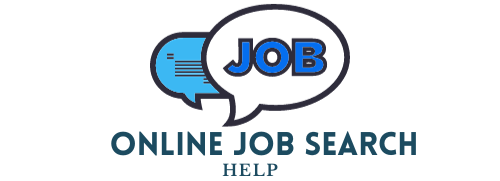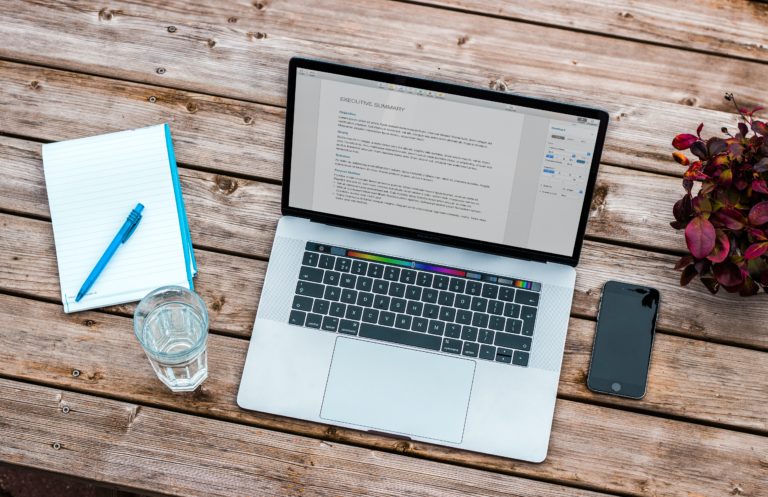Do You Get Paid For A Working Interview?
Do You Get Paid For A Working Interview? Employers utilize a variety of interview procedures to identify the best applicant for their position. They might range from a traditional sit-down interview to something that resembles a day at work. It is critical to understand the type of interview you are agreeing to ahead of time so you can prepare. We will go through what a working interview is and how to succeed in one in this post. Do you get paid for a working interview?
Table of Contents
What Is Working Interview?

An interview that takes place in a real workplace is called a hands-on interview. Instead of asking you multiple questions during a typical meeting, this interview is one where you are given some work to do and the employer evaluates your way of doing it. It allows you to put your abilities to the test by testing out the actual position for which you will be hired.
How Much Payment
While you will have to be paid for that work, don’t expect the employer to foot you a huge sum of money. Federal and state laws may require that you be compensated, but this does not guarantee that it will be equivalent to your anticipated hire pay. Simply put, the minimum wage is all that is required by law. If you work more than 8 hours on that day, you will be paid overtime compensation as well. Let’s get to know certain tips if you can get paid for a working interview?
Tips For Working Interview
- Research the company: Even if it isn’t a standard interview, you should learn anything you can about the firm. This way, you may express their beliefs through your job.
- Dress for success: You should still wear nice clothes, whether it’s a working interview or not (unless they advise you otherwise). This usually entails formal corporate clothing that is fitted and clean with no creases or wrinkles.
- Establish expectations up front: Before beginning your working interview, you should inquire about the work you will be performing and how much money you will get paid. The money you earn during a job interview will most often be paid in one of two ways: as a flat fee or an hourly rate. If they don’t intend to pay you, you should decide if this is acceptable to you.

- Pay attention to detail: You should take additional time to make sure you’ve completed all of the required steps. Make careful not to rush through the instructions or overlook anything critical. Use everything they give you to ensure that you complete the task correctly.
- Find your confidence: Remind yourself that you’re capable of the task at hand. Your confidence may pique the employer’s interest if you believe in yourself and are sure of what you’re doing.
- Show your enthusiasm: Whatever the job may be, project a good attitude and demonstrate that you can deal with anything while maintaining your cool. Demonstrating that you operate well under pressure during the interview assures the employers that you are able to handle stress.
- Ask smart questions: Before asking the employer any questions, double-check that you’ve completely comprehended the directions. If something is still unclear, seek clarification so you can perform the task effectively. You’d be permitted to ask informed queries if you were a genuine employee, so feel free to do so as well.
- Make a lasting impression: A working interview allows employers and their employees to learn more about you. Make an effort to greet those around you and demonstrate that you’re a pleasant person to work with if you are actually employed in the office for a day or two.
Advantages Of Working Interviews

Gives An Opportunity To Try Out The Job
You may discover that the job description is not equivalent to actually doing the work. An actual work interview allows you to observe how things operate at this firm. You may determine whether they have a management style that you like and whether you enjoy the tasks they give you. In other words, this type of interview gives you a firsthand look at the actual duties you’ll be performing if you accept an employment offer.
Provides The Proof Of Your Abilities
A working interview is a one-on-one conversation with an employer rather than a discussion about how qualified you are. This sort of interview is particularly suited to highly skilled individuals who need to execute a set of technical activities rather than general labor. If you are certain about your job, a work interview should be quite simple for you.
Teaches About The Company Culture
Some employers choose to have you complete the task at their office, while others send home an assignment. The latter allows you to learn more about the company and what your potential coworkers are like. Take notice of the company culture as you go about your job and see whether or not you can envision yourself working there in the future.
Alternatives To The Working Interviews
Working interviews may be an excellent tool for employers, but they might choose to vet their talents via different methods. Learn about the following ways that employers may test their abilities while avoiding a working interview.
Skills Testing
A skills test is a less comprehensive form of a job interview. Rather than expecting you to work for several hours or even a whole day, the employer will provide you with one task or a test to complete instead. If you’re applying to be an editor, they may give you some paragraphs to correct as an example. They do this in addition to a standard interview since employers generally save skills testing for promising prospects. Because they usually only take an hour or so to complete, it’s unlikely that you will be compensated for a skills test.
Working Through A Temp Agency
Temp agencies are used by some organizations to source and hire qualified personnel. You will be considered a temp agency employee for as many days as the employer wants you to work on their tasks. The company that engaged the temp agency can offer you full-time work as a result of their business rather than the temp agency at the conclusion of your short-term employment. This technique is popular among businesses seeking to conduct numerous job interviews because it eliminates the necessity for them to have an employer-employee relationship with their prospects.
Similar Articles







